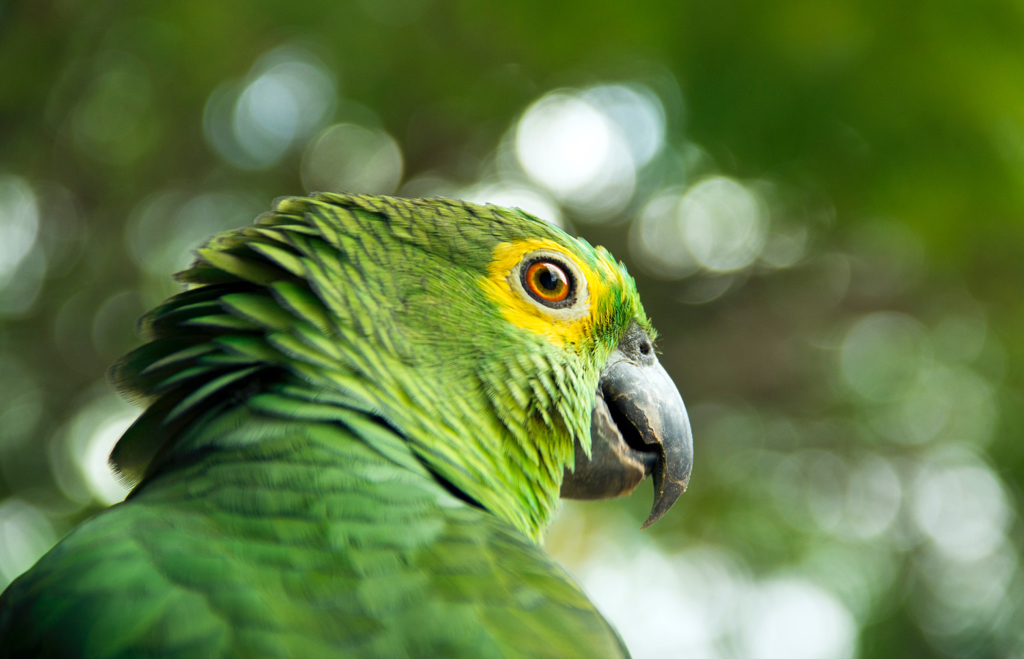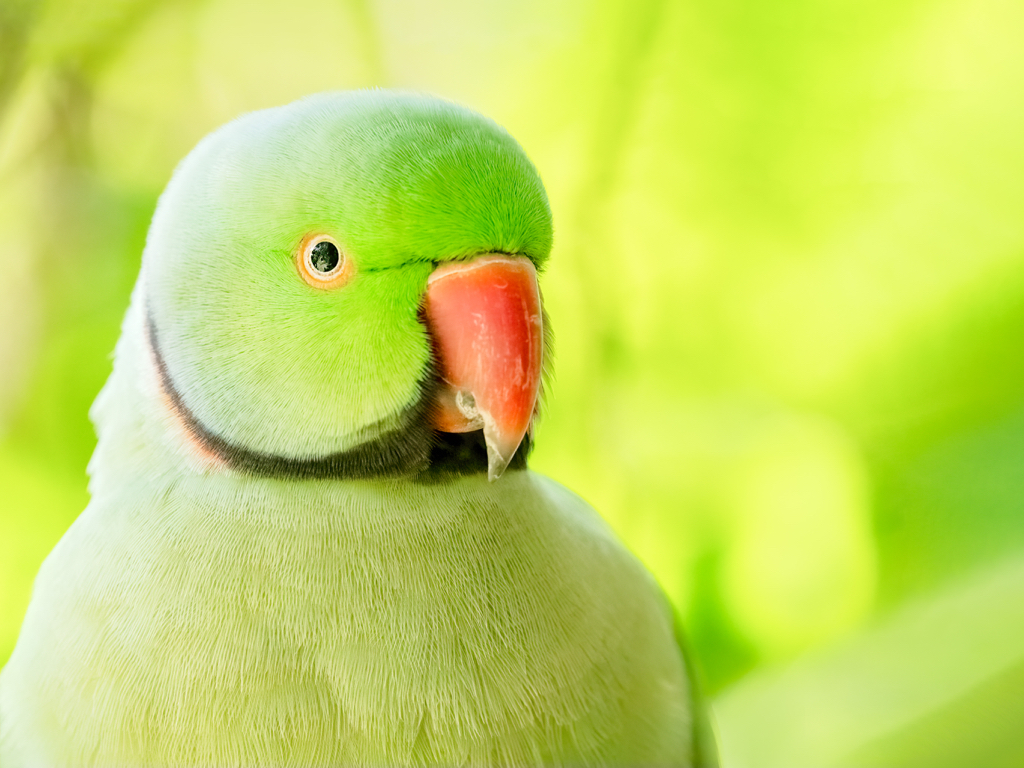Birds are among the top types of pets usually found in homes. People prefer them for various reasons. Some like talking birds because they can easily be taught specific words. Some owners want birds that come in pairs because they look great together. Others are simply intrigued by a particular species.
Buying your first bird should be done with care; every owner must take careful consideration if they already have a cat or dog. While bird lovers will happily tell you about the hilarious antics of their feathered friends, what they don’t mention – and what might not cross their minds – is the simple fact that birds aren’t for everyone.
Owning a bird means dealing with a completely different set of problems and responsibilities than other famous types of pets (such as cats and dogs).
Here are some things one must know before owning a pet bird:
1. Birds are messy by nature
No matter the size or the species, birds are messy, and unfortunately an indisputable fact. Not only will the food drop from their cages, but most birds love to throw food between the bars of their cages and on to the floor below, especially after they have eaten it. Also, droppings will spread everywhere, i.e., on the cage, on the floor, and on the enclosure walls. Fortunately, cleaning around a birdcage can be done quickly and efficiently using a broom or a vacuum cleaner.
2. Birds are noisy
Another undeniable fact is that the birds are noisy. While some birds, such as the common loon, create lovely music when they vocalize, others not so much. Some species create quite a ruckus: they squawk and scream for several minutes sometimes up to 10 to 20 minutes at a time.
Decide how much noise your nerves can tolerate when selecting the species of bird you want.
3. Birds chew on anything
All pet birds will chew on anything they can get into their beaks. This includes food, wood, paper, cardboard, plastic, plants, and even any type of fabric. But there is a reason for this behavior – bird’s beak grows continuously throughout its life and must be worn out or trimmed to prevent overgrowth.
Chewing is a self-maintenance procedure for birds. In addition to creating a mess, frequent chewing can lead to the destruction of valuable items such as furniture, etc. The solution is to provide your pet with a variety of safe and fun toys to break and destroy at will.
4. Birds molt and produce feather dust
Molting is a natural process by which a bird sheds its old feathers, so new ones can grow. This can take a while, and as a result, there will be a lot of feathers scattered on the floor under the cage and sometimes floating in the air.
When the new feathers emerge and old ones fell off, dust is produced, and there can be quite a bit of it that covers the floor, the cage and any surrounding areas. Bird owners must remove those feathers from their cages for better hygiene.
5. Birds need specialized diets.
If you want to keep your cute and lovely feathered friend happy and healthy, you need to make sure you give it a serving of fresh fruits and vegetables every day. Besides providing excellent nutrition, this will allow your bird to experience different flavors and textures which will stimulate its mind.

6. Birds can and will bite
While they are certainly not overly aggressive birds can and will bite. They will bite anyone, especially their new owners.
Many bird owners have had their ears, nose, or fingers bitten, and the extent of the injury depends on the size of the bird’s beak. So as a potential bird owner, you must know that you may have to face multiple bird bites. Choose your bird species wisely.
7. Birds need to socialize especially in the early stage
While common type of pets, such as dogs and cats, will generally remain domesticated even if their owners don’t spend that much time with them, birds are wild and need to be handled and socialized frequently to keep tame.
8. Birds are sensitive to scents and smells
Scented candles, air fresheners and oils pose health risks to birds. This is because they have very sensitive air canals and respiratory systems that make them vulnerable to chemicals and fumes from their environment. That being said, smoking is not recommended as long as you are around a bird. It is advisable to wash your hands after smoking before touching a bird.
A bird’s sensitive sense of smell can also somewhat affect your kitchen utensil preferences. With a bird at home, nonstick cookware and Teflon should be removed and replaced with alternatives, as these items emit odorless smoke that can be fatal to birds.
9. Birds wake up early
Be prepared to adjust your sleeping schedule when you have a pet bird. You’ve probably heard chickens doodling when the sun comes up. Companion birds are the same. They may not make the same sound, but they wake up very early. They can even start to fuss if you are not there to serve breakfast once they wake. Be sure to take note of what time they usually get up.
Conclusion:
Birds are fascinating creatures. They make great pets, and they are among the top choices for pet owners after cats and dogs. If you have a pet bird, remember to feed them well, know their routine, and provide the best natural habitat possible.
Anything we missed? Feel free to comment and let us know if we missed anything.

Leave a Reply